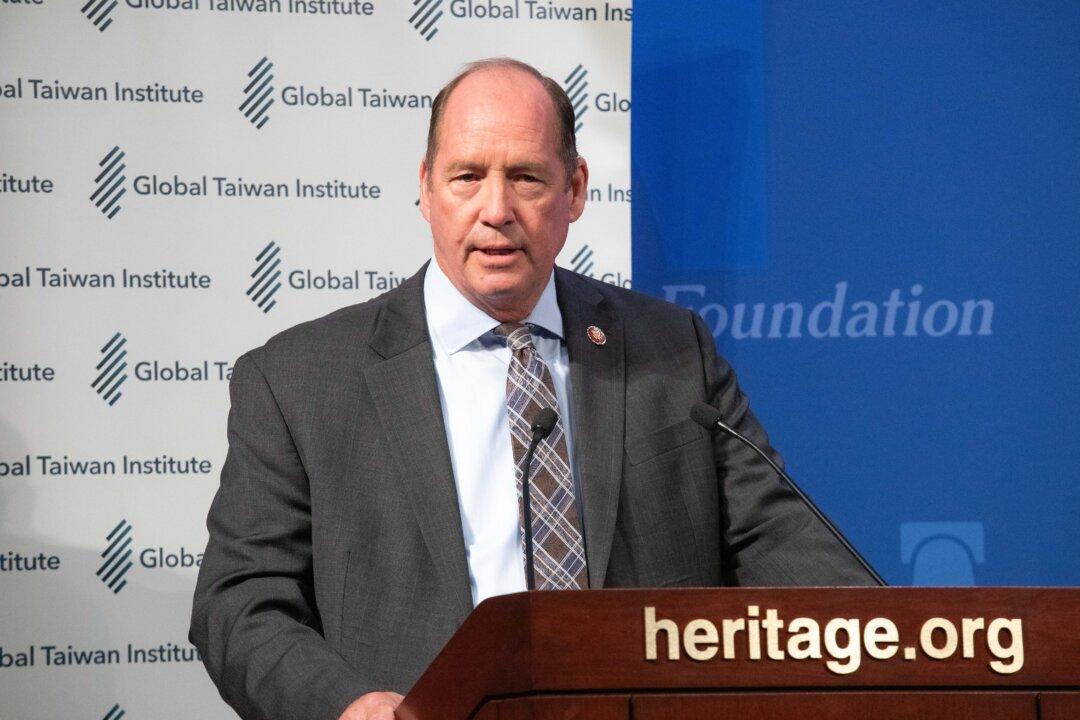The Chinese regime will have nothing to gain if it tries to forcibly unite Taiwan with the mainland, Rep. Ted Yoho (R-Fla.) said days after the island’s President Tsai Ing-wen was re-elected on a platform promoting a tougher stance against Beijing.
Tsai of the Democratic Progressive Party (DPP) won a resounding victory on Jan. 11, defeating her main rival, Han Kuo-yu, of the Kuomintang party (KMT), who favors friendlier ties with the mainland, by a margin of nearly 20 percent.





